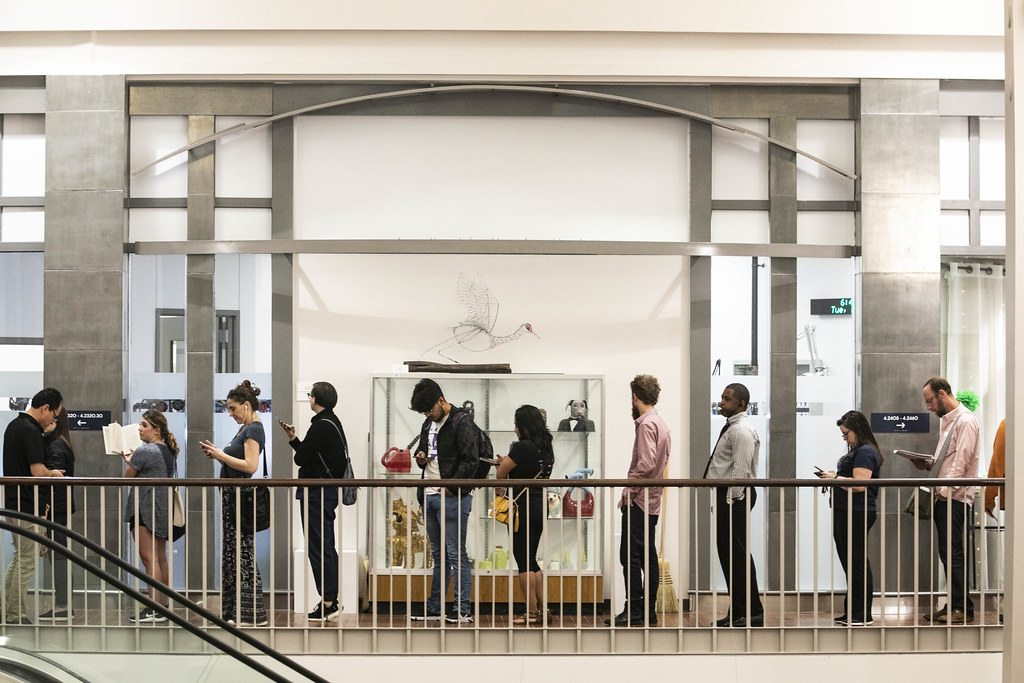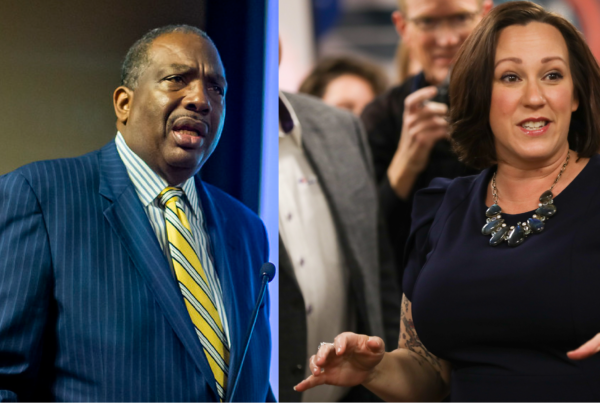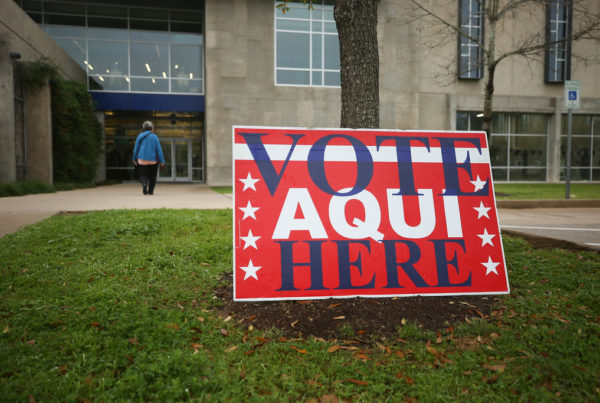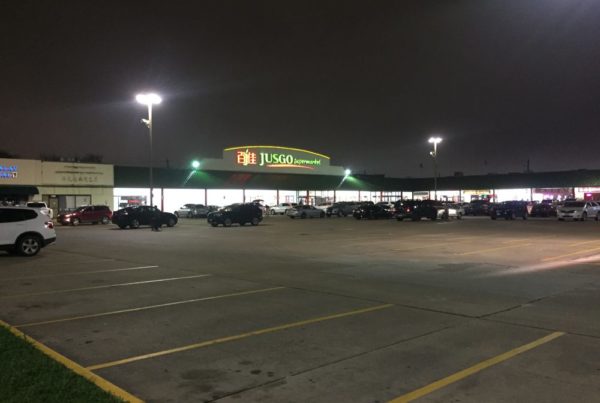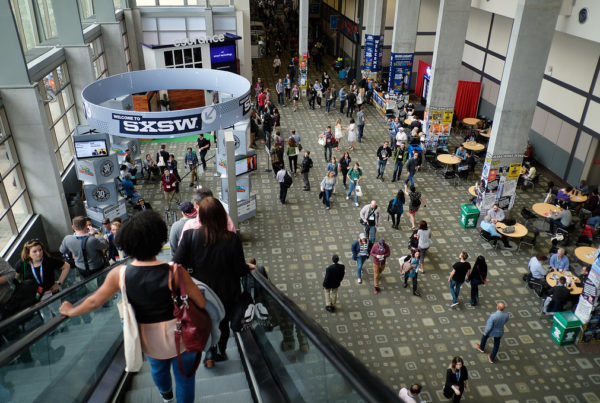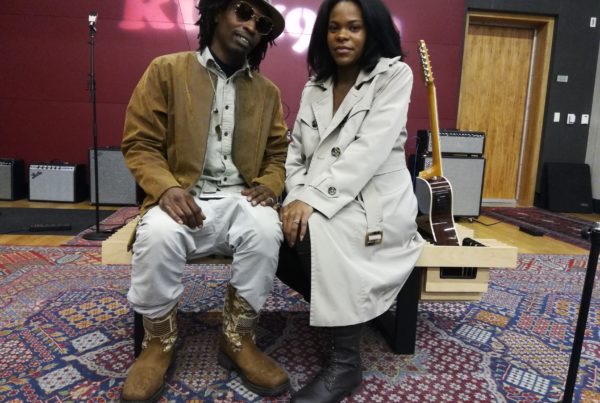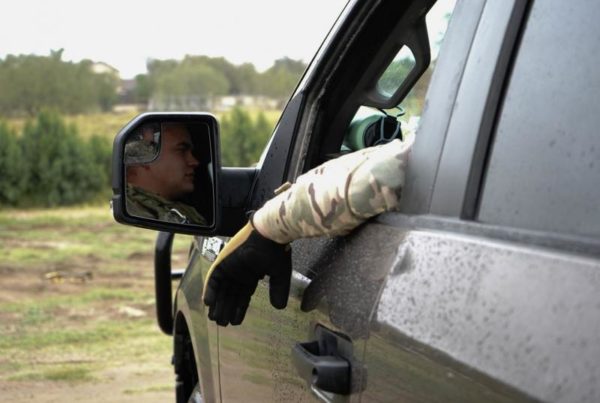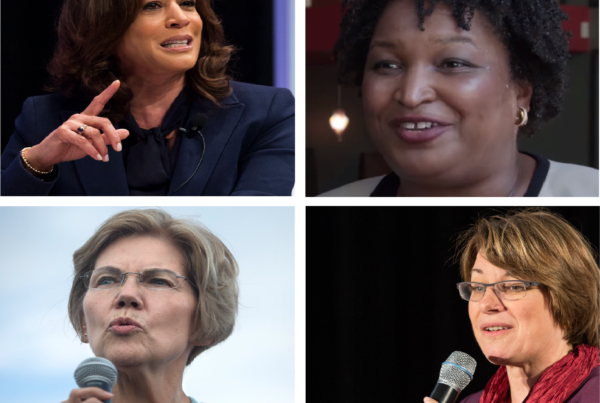On Super Tuesday, voters waited in long lines to cast their ballots in several Texas cities. One man waited for about six hours to vote at Texas Southern University, a historically black university in Houston. And in Austin, voters waited in line long after the polls had officially closed.
Chad Dunn, general counsel for the Texas Democratic Party, says there were long lines for many reasons, one of them being a compromise between Texas’ Republican and Democratic lawmakers. Democrats had wanted to do away with so-called polling centers so that citizens could vote in more than one location. Republicans agreed as long as they could reduce the total number of polling places.
Dunn says state laws, in general, have been passed “to encourage long lines.” Just last year, for example, the Texas Legislature did away with mobile voting and straight-ticket voting, which was used by almost 60% of voters, he says.
“Local officials can only do so much. They are governed by state laws; the state laws are written in such a way, often, to encourage long lines in certain parts of the town,” Dunn says.
Another example of how decisions made by public officials impacts voters’ experiences is the requirement in some counties of an equal number of Democratic and Republican voting machines at polling locations. That was a problem on Tuesday, especially in places where Democratic voters outnumbered Republicans like at Texas Southern University.
But Dunn says it’s possible to fix these problems. For one thing, county party leaders can agree on a joint primary in which polling machines can be used for either party.
“It can be done,” Dunn says. “It’s not being done because certain leadership in the state doesn’t want it to happen.”
Written by Samantha Carrizal.


